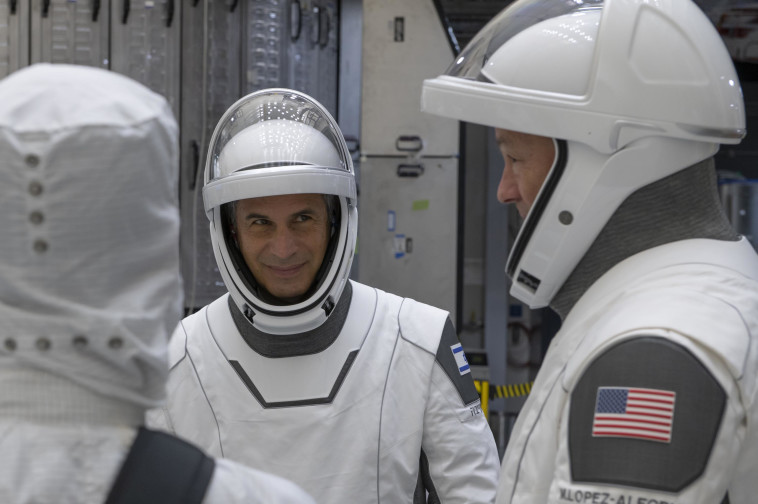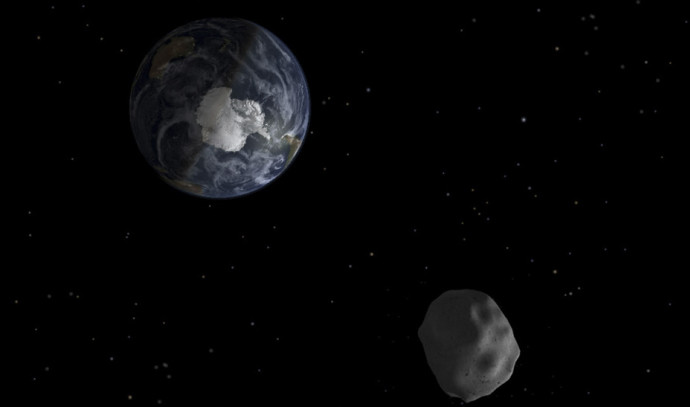Eitan Steve’s upcoming takeoff into space, early next month, raises a number of questions – in which what will humanity get out of it? Why is it actually so important to reach space, and is it likely to affect our lives, or that of future generations, in any way.
When we look at the universe, it is clear to us that life is very rare, and one of the reasons for this is quite simple: for a particular species to survive for a long time, it must spread across galaxies across the universe so that it does not depend only on its original planet.
Considering that civilizations take billions of years of evolution to reach a point where technology at all allows space travel, the chances of any civilization reaching that point are very low, because mass extinctions, which kill civilization before it gets there, occur in much shorter periods of time.
There are quite a few reasons that can lead to such mass extinctions. One of the known causes is of course an asteroid impact on Earth. A lesser known, but more dangerous, cause occurs when other stars – like our Sun, but much larger – reach the end of their lives.
Then, they could explode in an explosion called a supernova, which is accompanied by powerful rays reminiscent of X-rays from medical photographs, but with tremendous intensity. In fact, it is the largest and most energetic explosion known to us in the entire universe, and it goes without saying why these rays will cause if they hit the Earth.
There are also other reasons for extinction that depend on us, including the climate crisis and a nuclear holocaust in a world war (which may have already begun).
If spaceflights become routine before such an extinction process takes place here on Earth, humanity will have the opportunity to expand forever, to countless other galaxies in the universe. Therefore, the path of our civilization to evolve across the galaxy begins with making space flights accessible and becoming a matter of routine, and it depends only on us and whether we succeed in getting there before the next possible extinction.
It is encouraging to know that technology in this field is evolving amazingly. If we remember that the first flight in history was in 1903 (the Wright brothers), and already in 1969 the first manned landing on the moon took place – a gap of only about sixty years. Today, sixty years after landing on the moon, one can expect another great leap and technological advancement approaching the day when man could begin to live outside the Earth. This is the true meaning of space travel – paving the way for the human race to survive over time.
 Eitan Steve in the space suit (Photo: Axiom Space & SpaceX)
Eitan Steve in the space suit (Photo: Axiom Space & SpaceX)
We reached space. What next?
The foreseeable future of any civilization throughout the universe and humanity in particular ranges from extinction or accelerated spread across space to the speed of light. This is the point of no return, for from the moment it happened, and in accordance with the laws of physics known today that one can not move faster than the speed of light, humanity will no longer be able to destroy itself – because it can no longer destroy its extensions. Civilization will therefore continue to spread forever in the universe, as long as it exists.
Einstein’s theory of relativity shows the great advantages of flying at speeds close to the speed of light. Because time is relative, from the point of view of the occupants of the spacecraft, the length of flight time to distant galaxies can be perceived as very short even though for us on Earth, it will be perceived as many years. This will allow the spacecraft’s passengers to end their journey to distant galaxies while they are still alive, allowing great hope for all of us.
So what will be the future of humanity: extinction or spread throughout the universe? It depends only on us, and any further launch into space brings us closer to the point where humanity will spread forever, even in the case of mass extinction here on Earth.
The author is a researcher in the Department of Particle Physics at Tel Aviv University
